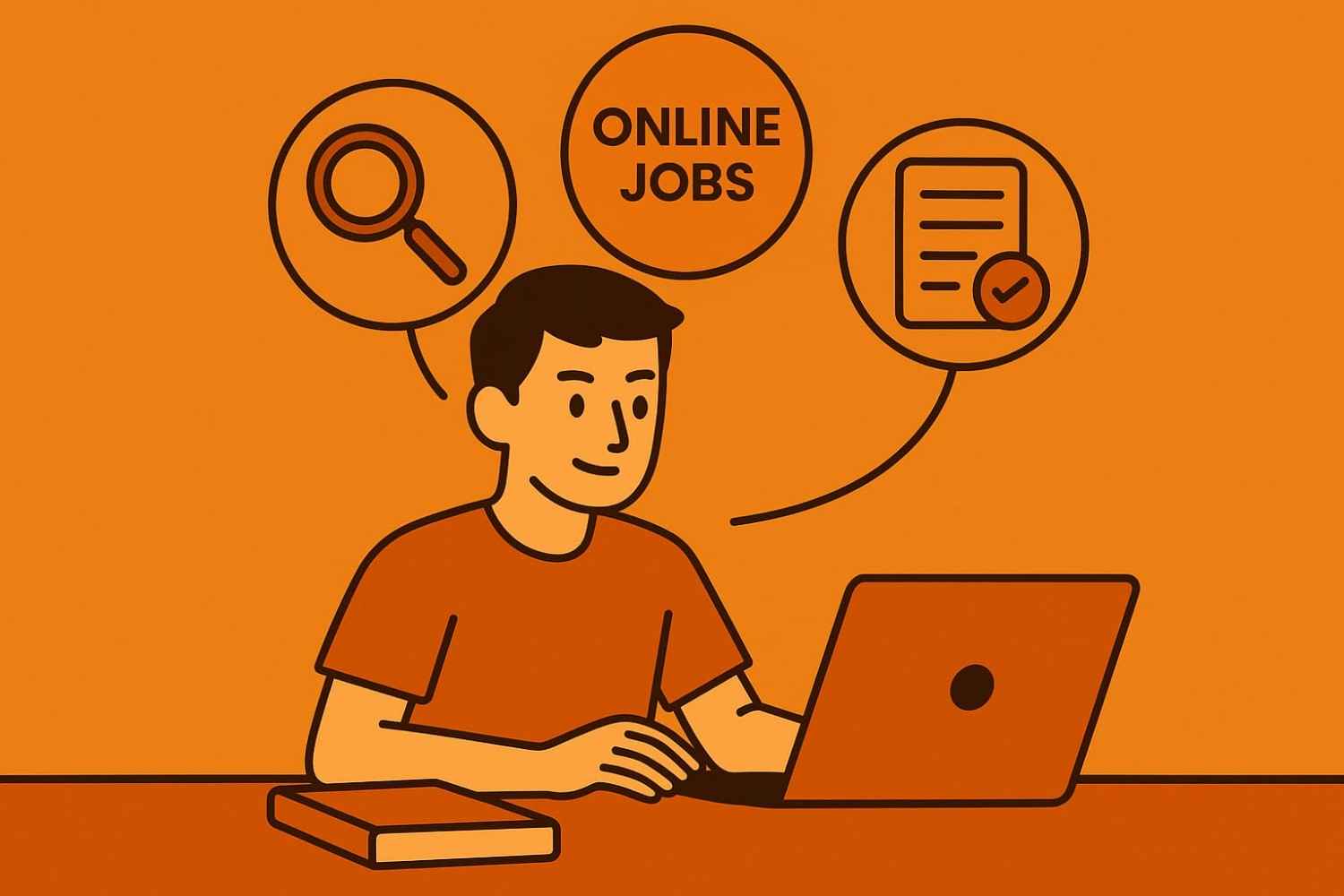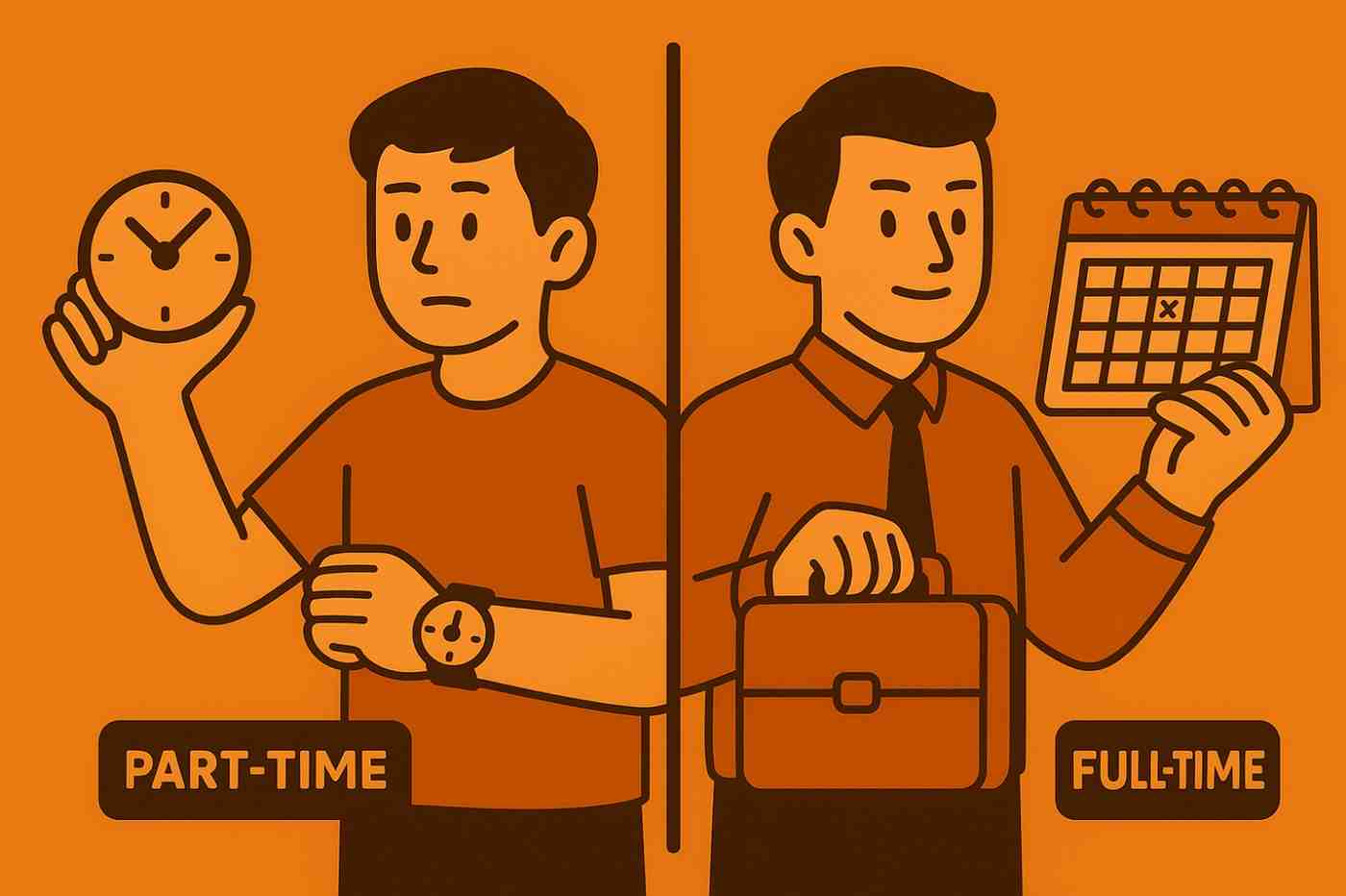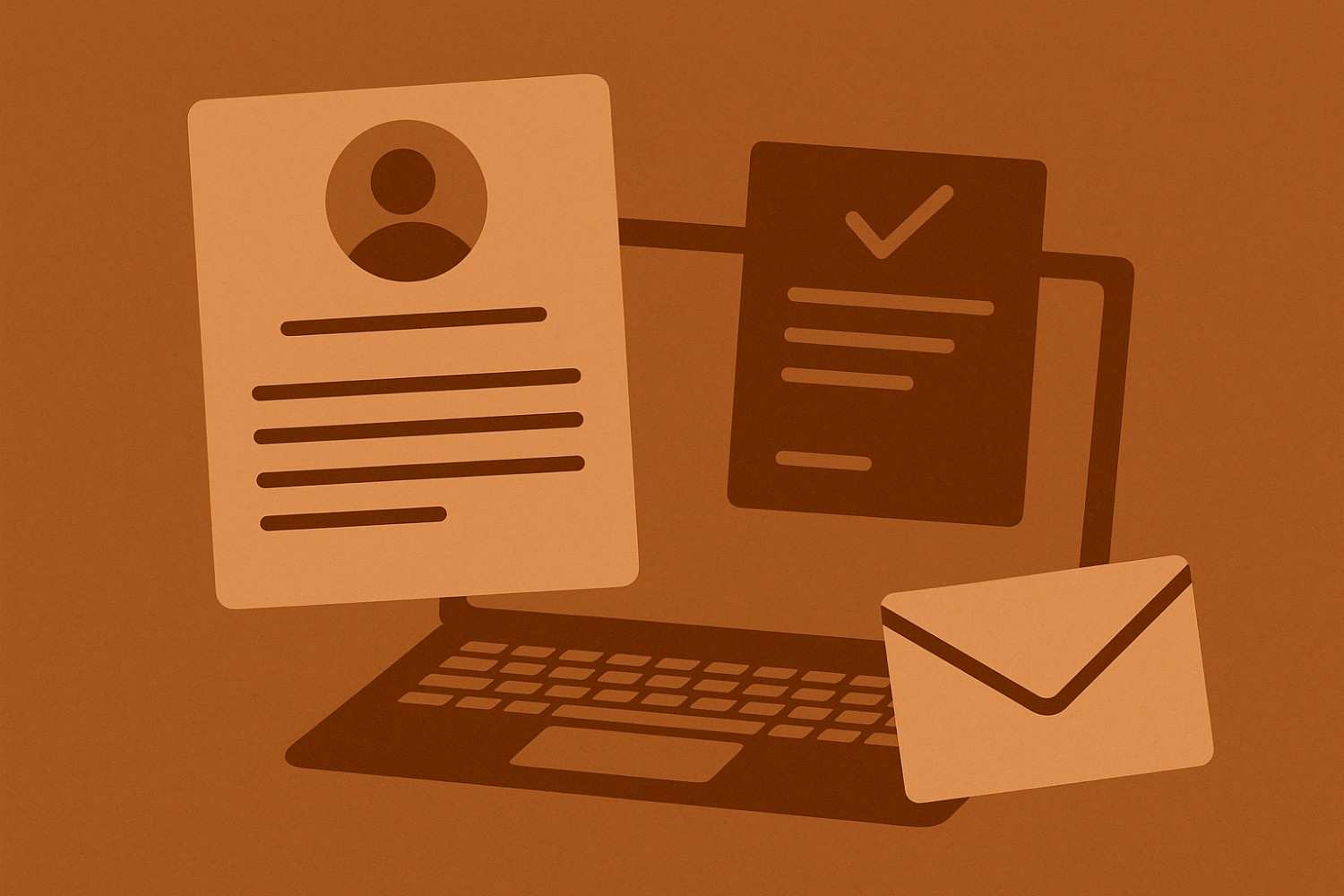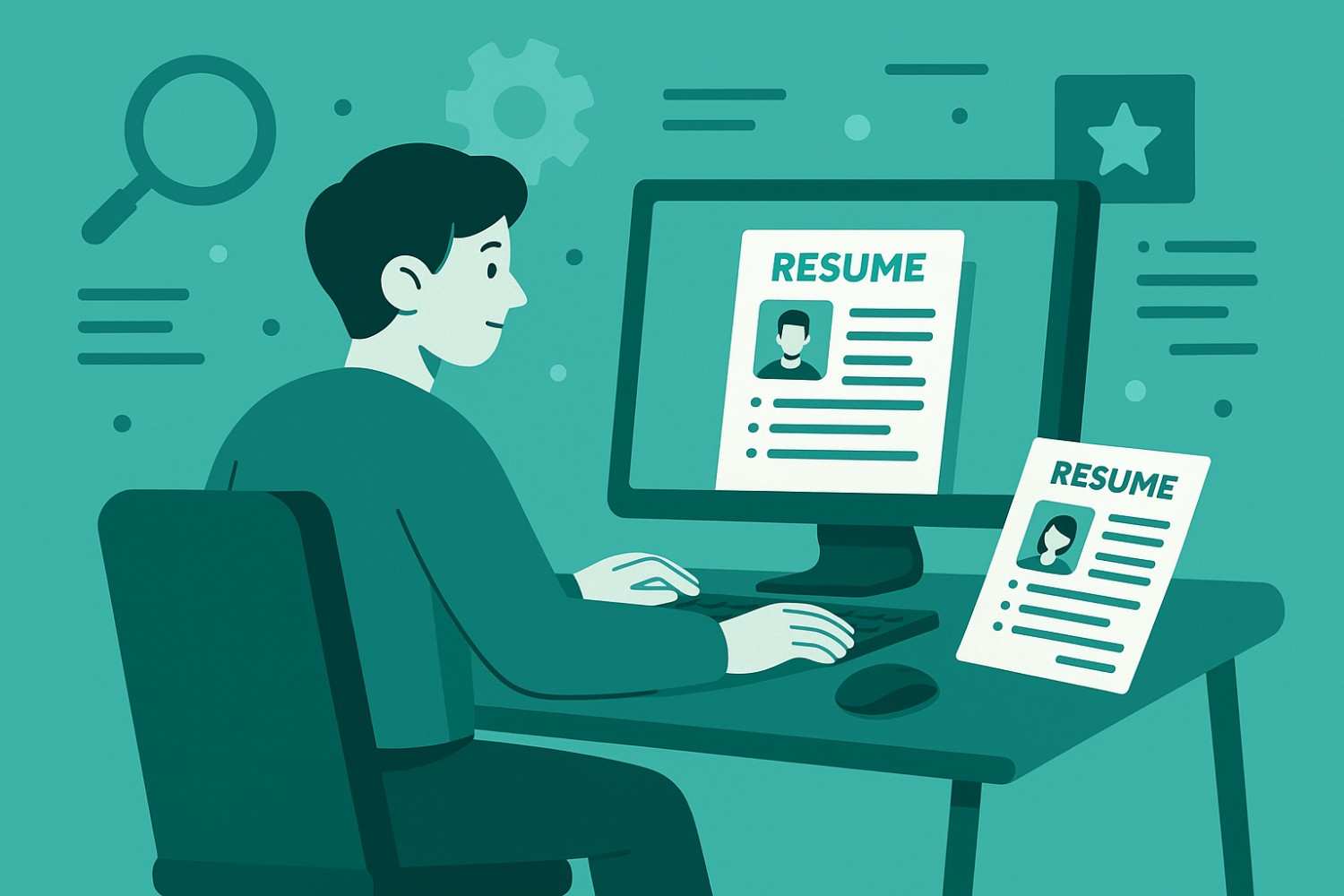
College graduation is a big deal. The festivities are well deserved and behind that all lies an intimidating fact — it’s time to get your first job. Whether you’re an engineering, commerce, arts or science graduate, the move from full-time study to full-time work can be daunting. But fret not — this guide is here to guide you through every part of the job hunting process, so you can make informed decisions and take a position that puts you on the path toward a lasting career.
Understanding the Job Market
Before we get to applications, it's important to know the shape of the job market:
- Know the sectors hiring freshers: IT services, e-commerce, digital marketing, banking, customer service, and government sectors are among the top recruiters.
- Research salary expectations: Tools like Glassdoor and LinkedIn Salary Insights help gauge salary standards based on your role and location.
- Familiarize yourself with terminology: Words like “CTC”, “probation period”, “walk-in interviews”, and “contractual roles” are common in listings.
Tip:
Keep an eye on market developments. Join industry newsletters or job boards to stay informed about job fairs and internship drives.
Recognizing What You Are Good At And What You Like
It’s important to align your career with your strengths and interests:
- List your skills: Communication, analytical thinking, coding, public speaking, etc.
- Take online assessments: Try tools like 16Personalities, CareerExplorer, or Mettl.
- Review past academic and internship experiences: Identify projects or tasks you enjoyed or excelled at.
Tip:
Don’t chase jobs just because they’re trendy. Pick what aligns with your natural strengths and curiosity.
Creating A Strong Resume And Cover Letter
Your résumé and cover letter are your first impression.
Resume Tips:
- Keep it concise: 1 page is ideal for freshers.
- Use action verbs: “Led,” “Created,” “Managed,” “Executed” are stronger than “Responsible for…”
- Tailor it to each job: Align skills and experiences with the job description.
- Include internships, college projects, and certifications.
- Avoid irrelevant personal info: Religion, height, and family background are not required.
Cover Letter Tips:
- Address it personally if you know the hiring manager’s name.
- Mention why the company attracts you and how your skills align with their mission.
- Don’t reuse the same letter. Make each cover letter unique and targeted.
Developing a Job Search Plan
Be strategic instead of applying randomly:
- Set daily goals: Apply to 5–10 jobs each day.
- Track applications: Maintain a spreadsheet with company, role, date, and status.
- Target both large and small firms: Startups often provide faster growth.
- Use filters wisely: Filter by location, job type (remote/on-site), salary, etc.
Bonus:
Attend job fairs, walk-in drives, and virtual events targeted at freshers.
Using Job Boards and Networking
Applications aren’t your only tool — networking can be powerful too.
Top Job Portals for Freshers:
- JobPe.com
- Naukri.com
- LinkedIn
- Indeed
- Internshala (great for internships)
Networking Tips:
- Build your LinkedIn profile: Add your skills, education, and projects.
- Engage with professionals: Follow HRs, comment on posts, and share content.
- Join alumni or interest-based communities: Many referrals happen through these channels.
Tip:
Ask professors or mentors for job recommendations and referrals.
Preparing for Interviews
Common Interview Types:
- HR Rounds: Assess communication and culture fit.
- Technical Interviews: Evaluate your subject knowledge.
- Group Discussions (GDs): Used in campus placements.
- Aptitude Tests: For mass hiring and screening.
Preparation Tips:
- Practice with mock interviews on platforms like Pramp or with friends.
- Prepare your self-introduction.
- Review academic subjects and project work.
- Expect questions like:
- “Why should we hire you?”
- “Where do you see yourself in 5 years?”
- “Tell me about a time you faced a challenge.”
Bonus:
Dress professionally, be punctual, and send a thank-you email afterward.
Coping With Rejection and Keeping Your Momentum
Rejection is part of the process, not a reflection of your worth.
What to Remember:
- It’s not personal: Companies may have internal reasons for rejection.
- Learn and improve: Ask for feedback when possible.
- Stay consistent: It often takes 50–100 applications to get one offer.
Stay Motivated:
- Join online support forums.
- Take mental breaks when needed.
- Celebrate interview calls and shortlists as progress.
Dealing with Offers and Negotiations
Getting an offer is exciting, but evaluate it thoroughly.
Key Factors to Consider:
- Job role: Is it aligned with your goals?
- Learning opportunities: Will you gain new skills?
- Location: Can you relocate or commute?
- Compensation: Is it fair for your profile and city?
Negotiation Tips:
- Be polite and use data to back up your negotiation.
- Don’t compare with peers — every offer is unique.
- If you have multiple offers, be honest and request time.
Succeeding in Your First Job
The learning doesn't stop once you get hired — it starts.
Tips to Thrive:
- Be a learner: Absorb everything — from people, training, and tasks.
- Take initiative: Volunteer, ask questions, and suggest ideas.
- Communicate well: Share updates and ask when unclear.
- Be professional: Be punctual and reliable.
- Track your progress: Keep a log of tasks and learnings.
Bonus:
Ask for feedback during your probation — it shows maturity and helps you improve.
Final Thoughts
Your first job hunt is not just about finding employment — it’s a journey of self-discovery. You learn to navigate uncertainty, take initiative, and find out what excites you. Every resume you send, every interview you attend — and yes, even every rejection — brings you closer to success.
Be curious. Be consistent. Be confident. Your first break is just around the corner.
FAQs
Q: What is the average time to get a job after graduation?
A: Typically, 3–6 months. It depends on your industry and how actively you’re applying.
Q: What if I didn’t get placed on campus?
A: That’s okay! Off-campus hiring is very common. Use job boards, referrals, and internships.
Q: Are unpaid internships worth it after graduation?
A: Yes, if they offer real learning, mentorship, and have a clear timeline.
Q: What if I don’t know what career to pursue?
A: Try different internships or freelance gigs in diverse roles. You’ll discover what fits through experience.





















